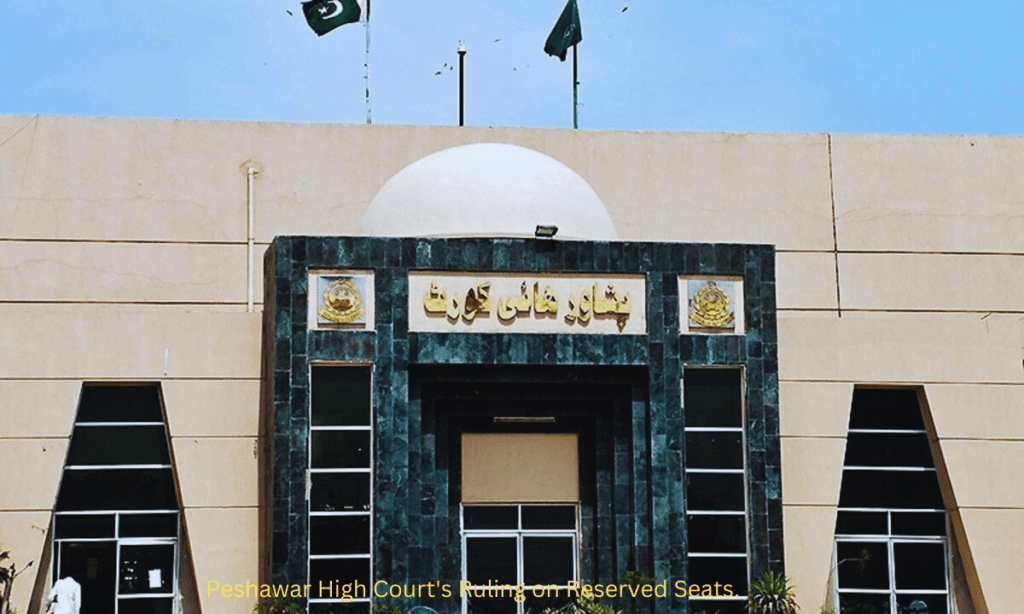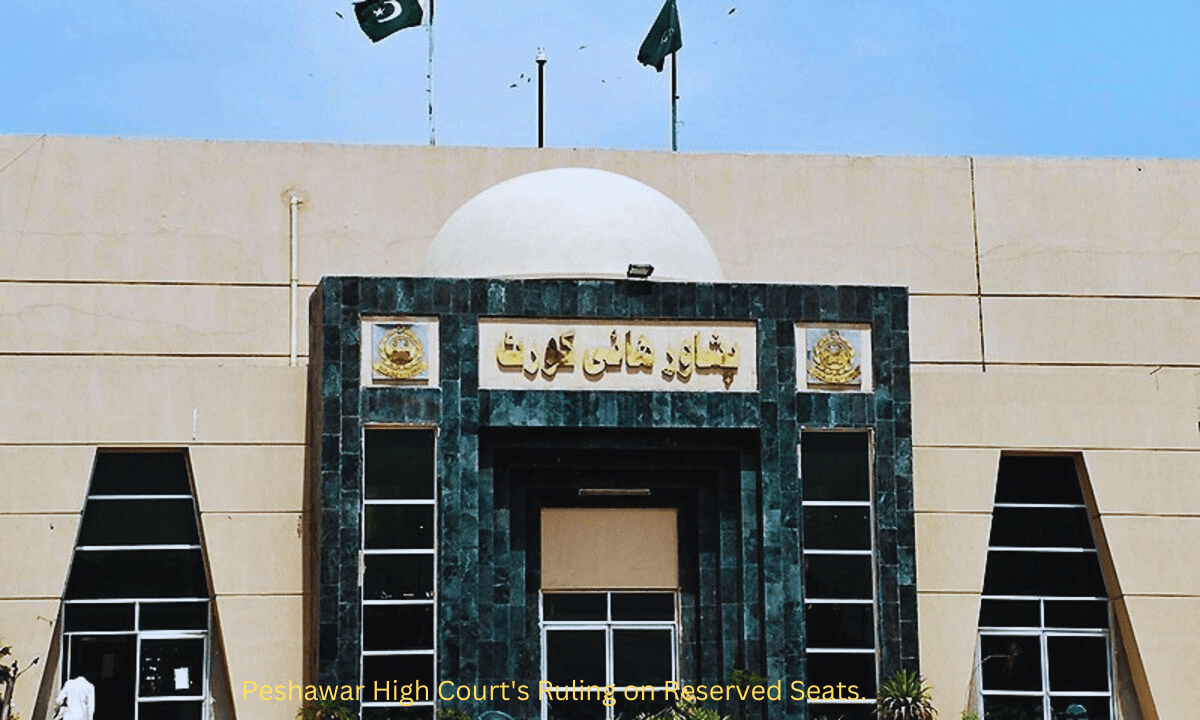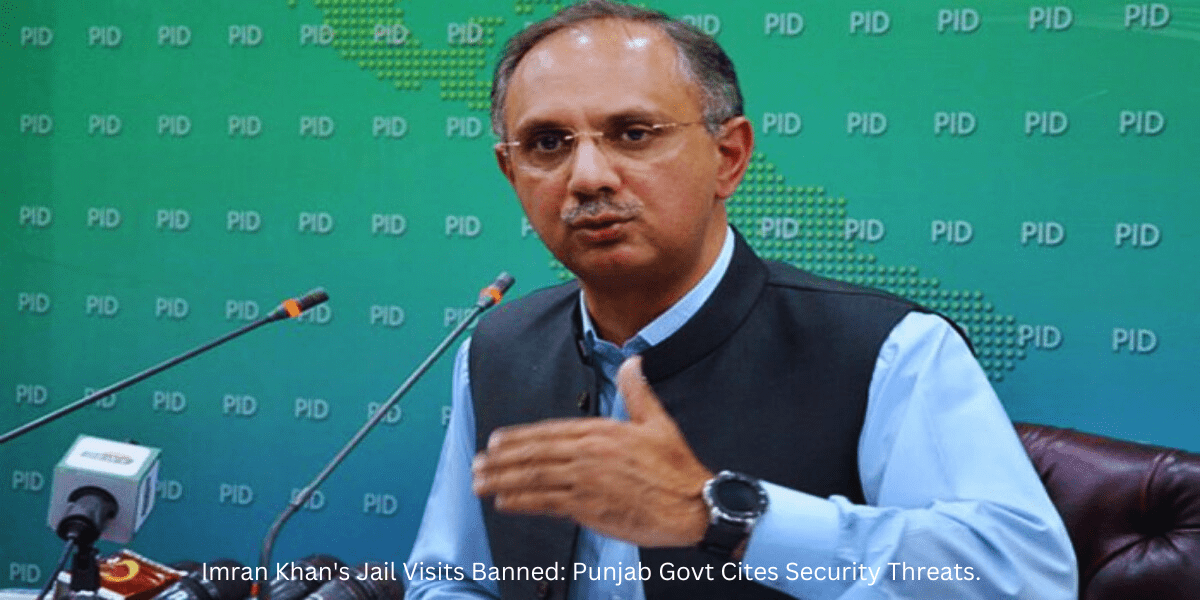
The legal dispute over the allocation of reserved seats, spearheaded by the Sunni Ittehad Council and challenged by the Election Commission of Pakistan, has culminated in a significant verdict by the Peshawar High Court. Despite arguments from various parties, including PTI and independent candidates, the court’s decision has clarified the interpretation of the Elections Act and the definition of political parties. While the verdict may have implications for parliamentary representation, it underscores the importance of adherence to legal procedures and constitutional principles. Moving forward, the resolution of such disputes is crucial for upholding democratic processes and ensuring equitable representation in national and provincial assemblies.
Dispute Over Reserved Seats Allocation
On Thursday, the Peshawar High Court rejected the Sunni Ittehad Council’s petition that contested the Election Commission of Pakistan’s decision to disallow the party’s allocation of reserved seats for women and minorities.
In a 4-1 ruling earlier this month, the electoral watchdog determined that the SIC was ineligible to claim a quota for reserved seats due to irremediable legal flaws and a violation of the mandatory requirement to submit a party list for such seats, as stipulated by the law.
The controversy surrounding the allocation of reserved seats has sparked a legal battle involving key players such as the Sunni Ittehad Council (SIC), the Election Commission of Pakistan (ECP), and the Peshawar High Court (PHC).
Sunni Ittehad Council’s Petition
The Sunni Ittehad Council (SIC), along with independent candidates backed by the Pakistan Tehreek-e-Insaf (PTI) who secured election victories without their electoral symbol, submitted a petition through their chairman, Sahibzada Muhammad Hamid Raza. In this petition, they sought court directives for the Election Commission of Pakistan (ECP) to allocate reserved seats to the council based on their representation in the national and provincial assemblies.
Additionally, the commission made a decision to apportion these reserved seats among other parliamentary parties, with the Pakistan Muslim League-Nawaz (PML-N) and the Pakistan Peoples Party (PPP) emerging as the primary beneficiaries. However, the PTI rejected this verdict, deeming it unconstitutional.
The Sunni Ittehad Council filed a petition challenging the ECP’s decision to reject their allocation of reserved seats for women and minorities. The council, joined by PTI-backed independents, sought directives from the court for the allocation based on their strength in the national and provincial assemblies.
ECP’s Verdict and Legal Defects
In a 4-1 verdict, the ECP ruled against the SIC’s entitlement to reserved seats, citing “non-curable legal defects” and violation of election laws. This decision led to the distribution of seats among other parliamentary parties, with major beneficiaries being the PML-N and the PPP.
he resolution of the dispute holds implications for parliamentary representation and underscores the importance of upholding democratic norms.
While the legal proceedings have clarified certain aspects of electoral law, they also highlight the need for comprehensive understanding and interpretation of legislative frameworks to ensure equitable representation in the democratic process.
Peshawar High Court’s Decision
On March 6, a two-member bench of the Peshawar High Court (PHC) prohibited the swearing-in of legislators assigned the reserved seats. The bench preliminarily addressed the Election Commission of Pakistan (ECP) and all the respondents in the case, posing six questions that required resolution. Subsequently, on the following day, a five-member larger bench extended the prohibition until March 13.
Yesterday, Attorney-General for Pakistan Mansoor Usman Awan and the legal representatives for the Pakistan Peoples Party (PPP) and ECP concluded their arguments.
The PHC dismissed the SIC’s petition, reinforcing the ECP’s stance on the matter. The court’s decision emphasized adherence to legal procedures and constitutional principles, highlighting the significance of fair and transparent electoral processes.
Peshawar High Court Hearing
During the initial hearing, Zafar apprised the court that 86 independent candidates from the National Assembly, 107 from the Punjab Assembly, 90 from the KP Assembly, 9 from the Sindh Assembly, and one from the Balochistan Assembly had aligned themselves with the Sunni Ittehad Council (SIC).
He argued that the SIC should have been granted reserved seats under Article 104, Section © (pertaining to party lists for reserved seats) of the Elections Act. “We anticipated receiving these reserved seats. The ECP was obligated to allocate 78 seats to the SIC, but it failed to do so.”
In response, the court inquired whether the case pertained to the entire country. Zafar clarified that it was specifically limited to the reserved seats in the national and KP assemblies.
Zafar further asserted that the reserved seats, which rightfully belonged to the SIC, were instead allocated to other groups. The court, however, directed him not to refer to them as “occupier groups,” emphasizing that the ECP had made the allotment decision.
The lawyer expressed his intention to present arguments regarding whether the Peshawar High Court (PHC) had jurisdiction over National Assembly (NA) seats, emphasizing the significance of the six questions raised by the court.
Regarding the definition of a political party, he stated, “In my opinion, a political party is an organization enlisted with the Election Commission of Pakistan (ECP). The Elections Act explicitly addresses the definition of a political party in Sections 202 (pertaining to the enlistment of political parties) and 210 (regarding information about the sources of funds).”
Zafar countered, “The Sunni Ittehad Council (SIC) did not participate in the elections, but this is not a prerequisite. Boycott is also a valid aspect of the electoral process.” In response, the court queried, “Are you suggesting that a party remains a political party even if it refrains from contesting elections?”
Zafar clarified that the SIC possessed an electoral symbol and the right to contest elections. The court further probed whether a political party retained its status as such if it abstained from participating in elections.
The counsel then responded, “I want to emphasize that the Sunni Ittehad Council (SIC) is indeed a political party. As long as it maintains this status, no one can deprive it of its rights. The concept of political justice is clearly enshrined in the Constitution. Political parties have the right to participate in elections, form governments, and secure reserved seats.”
During the proceedings, Justice Ahmed revisited the earlier question: What would happen if the party chose not to participate in elections? In response, Zafar clarified that he was initially focusing on the rights of a political party, as outlined in Article 17 (which pertains to freedom of association) of the Constitution.
He further asserted, “The Election Commission of Pakistan (ECP) appears to be confused when distinguishing between a parliamentary party and a political one.”
Arguments and Jurisdiction
Attorney-General for Pakistan Mansoor Usman Awan contended that a political party could only secure reserved seats if it had won a general election. ECP lawyer Sikander Basheer Momand supported this stance, asserting that the Sunni Ittehad Council (SIC) was indeed a political party but not a parliamentary one.
Today, the bench, presided over by Justice Ishtiaq Ibrahim and comprising Justices Ijaz Anwar, S.M. Attique Shah, Shakeel Ahmed, and Syed Arshad Ali, resumed the hearing of the case.
Ali Zafar, representing the Pakistan Tehreek-e-Insaf (PTI), appeared as counsel for the SIC and concluded his arguments. The court subsequently reserved its verdict and announced that it would be disclosed at 1 pm.
During the court hearings, arguments were presented regarding the definition of a political party and its eligibility for reserved seats. The counsel for the SIC asserted the council’s status as a political party, while addressing concerns about their participation in elections and the ECP’s confusion regarding parliamentary versus political parties.
Frequently Asked Questions ( FAQ’s)
Q: What was the dispute between the Sunni Ittehad Council and the Election Commission of Pakistan about?
A: The dispute revolved around the allocation of reserved seats for women and minorities in the national and provincial assemblies. The Sunni Ittehad Council challenged the Election Commission of Pakistan’s decision to reject their claim for reserved seats.
Q: What was the basis for the Election Commission of Pakistan’s decision to reject the Sunni Ittehad Council’s claim for reserved seats?
A: The ECP cited “non-curable legal defects” and a violation of mandatory provisions in the Elections Act as reasons for rejecting the SIC’s claim for reserved seats. These defects and violations led to the commission’s decision to distribute the seats among other parliamentary parties.
Q: How did the Peshawar High Court rule on the Sunni Ittehad Council’s petition regarding reserved seats allocation?
A: The Peshawar High Court dismissed the Sunni Ittehad Council’s petition, upholding the ECP’s decision. The court’s ruling emphasized adherence to legal procedures and constitutional principles, affirming the commission’s stance on the allocation of reserved seats.
Q: What arguments were presented during the court hearings regarding the eligibility of the Sunni Ittehad Council for reserved seats?
A: During the court hearings, arguments were made regarding the definition of a political party and its eligibility for reserved seats. The counsel for the SIC asserted the council’s status as a political party, addressing concerns about their participation in elections and the distinction between parliamentary and political parties.
Q: What are the implications of the dispute resolution for parliamentary representation in Pakistan?
A: The resolution of the dispute holds implications for parliamentary representation, as it underscores the importance of fair and transparent electoral processes. While clarifying certain aspects of electoral law, the resolution also highlights the need for a comprehensive understanding of legislative frameworks to ensure equitable representation in the democratic process.




Leave a Reply